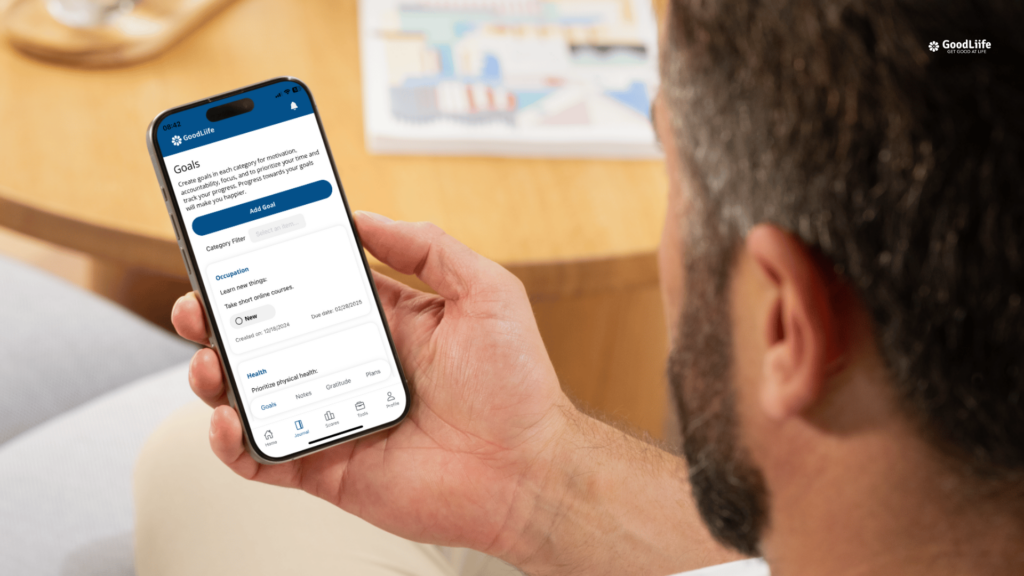Peer mentoring is a collaborative approach to learning and personal development, where individuals with similar experiences or statuses guide and support each other in achieving personal or professional goals. Unlike traditional mentoring, where a senior mentor provides guidance to a junior mentee, peer mentoring emphasizes mutual support, shared experiences, and reciprocal learning. This dynamic creates a more equal partnership, fostering growth and development for both parties involved. Peer mentoring is increasingly recognized as a powerful tool in workplaces, educational institutions, and community settings for its ability to build connections, enhance skills, and promote mutual accountability.
At its core, peer mentoring is about creating a safe and supportive environment where participants can exchange knowledge, share challenges, and celebrate achievements. It’s a two-way street that benefits both the mentor and the mentee, making it a highly versatile and impactful method of personal and professional development.
How Peer Mentoring Works
Peer mentoring typically involves two or more individuals who:
Share a Common Ground
Participants are often at a similar stage in their career, education, or personal journey. This shared experience allows for deeper empathy and understanding, as both parties can relate to each other’s challenges and aspirations.
Set Mutual Goals
At the outset, both parties identify specific areas for improvement or growth. These goals might include learning new skills, enhancing performance, gaining clarity on career paths, or building confidence in certain areas.
Engage in Regular Interaction
Peer mentoring relationships thrive on consistent communication. Scheduled meetings—whether in person, via video calls, or through other digital platforms—provide opportunities to discuss progress, exchange insights, and address obstacles.
Build a Supportive Relationship
Trust and respect form the foundation of any successful peer mentoring relationship. By creating an environment where both parties feel heard and valued, participants can open up about their experiences and work collaboratively toward shared success.
Leverage Reciprocal Learning
Unlike traditional mentoring, peer mentoring encourages both parties to contribute equally. Each participant brings their unique perspectives and expertise to the table, enriching the learning experience for everyone involved.
Key Elements of a Successful Peer Mentoring Program:
- Clear Objectives: Define what participants aim to achieve from the relationship, whether it’s skill-building, career advancement, or personal development.
- Structured Framework: Include schedules, agendas, and guidelines to ensure the relationship remains focused and productive.
- Training and Resources: Provide participants with tools to enhance their mentoring skills, such as communication techniques or conflict resolution strategies.
- Continuous Feedback: Regular evaluations and open discussions help ensure both parties feel satisfied with their progress and the overall experience.
Peer mentoring is a dynamic and adaptable process, making it suitable for various contexts and needs. It empowers individuals to learn from each other’s experiences while fostering a sense of community and shared purpose.
The Benefits of Peer Mentoring
1. Personal Growth
- Enhanced self-awareness through shared feedback.
- Improved confidence from tackling challenges collaboratively.
2. Skill Development
- Opportunities to develop leadership, communication, and problem-solving skills.
- Enhanced ability to navigate workplace dynamics.
3. Professional Networking
- Expansion of professional networks through mutual connections.
- Greater opportunities for collaboration and career advancement.
4. Stress Reduction
- A supportive peer relationship can alleviate stress by providing emotional validation and practical advice.
Evidence Supporting Peer Mentoring
Research highlights the effectiveness of peer mentoring:
- A study by the Journal of Applied Psychology found that peer mentoring increased participants’ job satisfaction and reduced turnover rates by fostering a sense of belonging.
- According to the International Journal of Evidence-Based Coaching and Mentoring, peer mentoring improves both career outcomes and psychological well-being by encouraging reciprocal learning.
- Harvard Business Review noted that employees involved in mentoring programs are 40% more likely to receive promotions and report higher engagement levels.
Examples of Peer Mentoring in Action
1. Corporate Peer Mentoring Programs
Companies like Google and IBM have implemented peer mentoring initiatives to:
- Onboard new hires.
- Foster cross-departmental collaboration.
- Support diversity and inclusion efforts.
2. Educational Settings
Universities often establish peer mentoring programs where senior students guide juniors, helping them navigate academic challenges and build study strategies.
3. Community-Based Programs
Non-profits like Big Brothers Big Sisters incorporate peer mentoring to empower individuals in underserved communities by pairing participants with mentors from similar backgrounds.
GoodLiife Score App: Supporting Peer Mentoring Success

The GoodLiife Score App is an innovative tool that aligns with the principles of peer mentoring by:
- Facilitating Self-Diagnostics: Users can assess their strengths and areas for improvement using the ZenScore™ feature, providing a starting point for mentoring discussions.
- Tracking Progress: The app’s scorecard feature allows participants to monitor their development, ensuring that goals are met.
- Promoting Balanced Priorities: By identifying stress points and priorities, the app helps participants maintain balance and focus.
- Enhancing Communication: GoodLiife’s insights encourage open dialogue, critical in peer mentoring relationships.
Whether you’re starting a peer mentoring journey or enhancing an existing program, the GoodLiife Score App provides actionable insights and fosters accountability, making it a valuable resource.
Conclusion
Peer mentoring is a powerful, reciprocal process that drives personal and professional growth. Its emphasis on collaboration, shared experiences, and mutual respect makes it an effective strategy for building skills, reducing stress, and achieving goals. By leveraging tools like the GoodLiife Score App, participants can maximize their mentoring experience, track progress, and maintain balanced priorities.
Explore the transformative power of peer mentoring and see how tools like the GoodLiife Score App can enhance your journey.
Learn more about the GoodLiife Score App here or download from the App Store.
